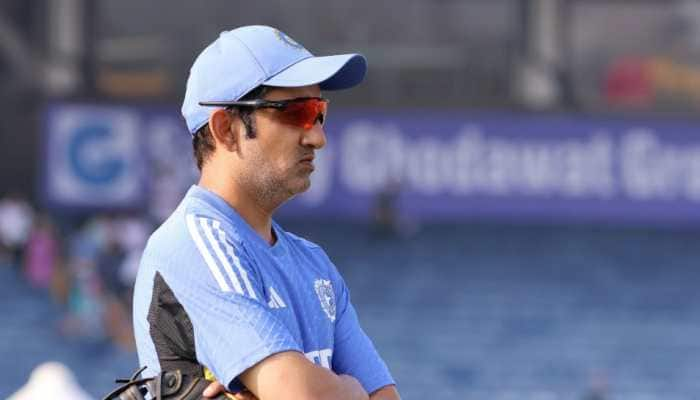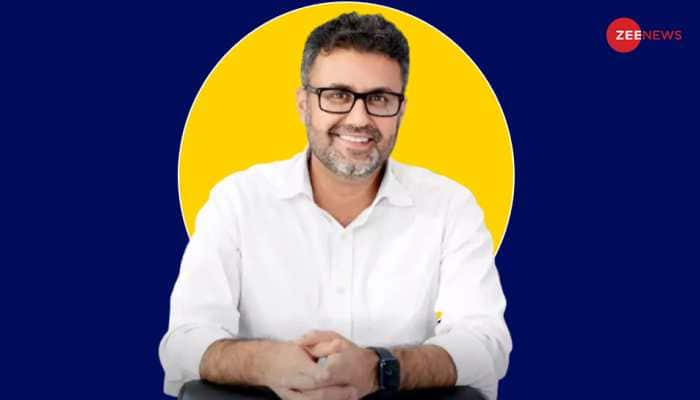SC has not stopped continuance of Shariat courts, says Darul Uloom Deoband lawyer
The counsel of the Darul Uloom Deoband, Shakeel Ahmed Syed, on Monday said that the Supreme Court not only allowed the continuance of Shariat courts, but also disposed off the writ petition filed to stop parallel courts from functioning.
Trending Photos
)
New Delhi: The counsel of the Darul Uloom Deoband, Shakeel Ahmed Syed, on Monday said that the Supreme Court not only allowed the continuance of Shariat courts, but also disposed off the writ petition filed to stop parallel courts from functioning.
"The court said that these fatwas, Darul Qaza and Darul-iftaa, whatever name they are called, have no legal sanction, and therefore, they can`t be said that they are running a parallel judiciary. They (Supreme Court) have not declared that the Shariat courts are unconstitutional, or they cannot run. The writ petition was that they should be stopped from running a parallel judiciary. Court have not allowed the writ petition, they have disposed it off," Syed said.
The Supreme Court (SC) declared today that Shariat courts have no sanction of law.
In a reprieve to many, the apex court which had reserved judgment in the case in February this year, said Monday that no religion is allowed to curb anyone`s fundamental rights. The top court also added that there is no legal binding on anyone to accept a fatwa from the Shariat courts.
The top court`s ruling comes after a petition challenging the legality of Shariat courts was filed by a Delhi based lawyer, Vishwa Lochan Madan, in 2005.
In his petition, he stated that institutions like the Darul Qaza and the Darul-iftaa are operating like parallel courts, which take decisions on the fundamental rights of Muslims.
He also reportedly said that religious clerics qazis and muftis appointed by them cannot take a call on the liberty of Muslims by issuing fatwas and curtailing their fundamental rights.
The petitioner further argued that the Darul Qaza and the Darul-iftaa operate in Muslim dominated districts where people cannot oppose the rulings.
Citing an example, the petitioner said a Muslim girl had to desert her husband because a fatwa directed her to live with her father-in-law who had allegedly raped her.
Stay informed on all the latest news, real-time breaking news updates, and follow all the important headlines in india news and world News on Zee News.
Advertisement
Live Tv
Advertisement







)
)
)
)
)
)
)
)
)
)
